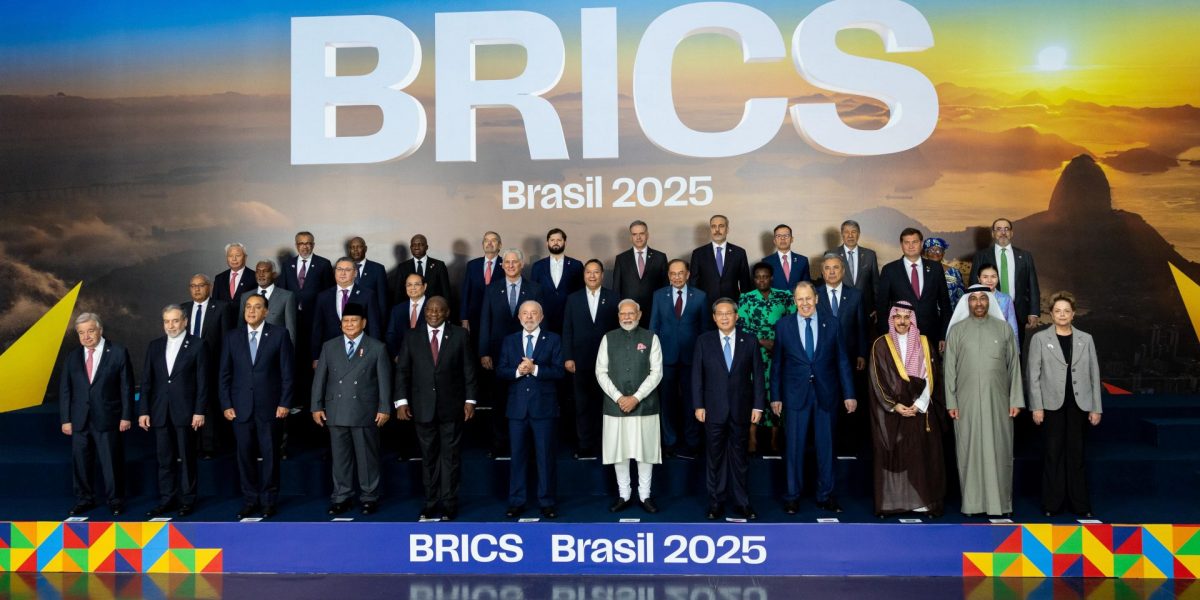Summary:
- Consensus under pressure: BRICS’ expansion has complicated consensus-building, with the bloc increasingly relying on strategic silence, linguistic ambiguity or protracted negotiations to manage disagreements among a more diverse membership.
- Institutional memory gaps: The absence of centralised documentation and disappearing presidential archives creates continuity deficits that complicate coordination and accountability across rotating leaderships.
- Institutional variation: The New Development Bank’s formal approach contrasts with the informal approach to political expansion, highlighting how BRICS appears more effective with clear mandates and committed resources than through ad hoc arrangements.
- Reform constraints: Brazil’s modest institutional reform agenda encountered resistance, with the Rio Declaration offering only cautious acknowledgement of ongoing efforts rather than concrete commitments to change.
- Coordination overstretch: The proliferation of 180+ mechanisms without permanent support has strained rotating presidencies, which forced Brazil to halve its planned meetings while managing competing diplomatic priorities.
- Track performance variation: BRICS exhibits significant variation in institutional effectiveness, with finance and agriculture tracks generating concrete outcomes while other mechanisms produce limited publicly accessible results despite several years of operation.
- Institutional development tensions: BRICS confronts tensions between maintaining its informal, consensus-driven character and developing the institutional capacity necessary for effective coordination at an expanded scale.








